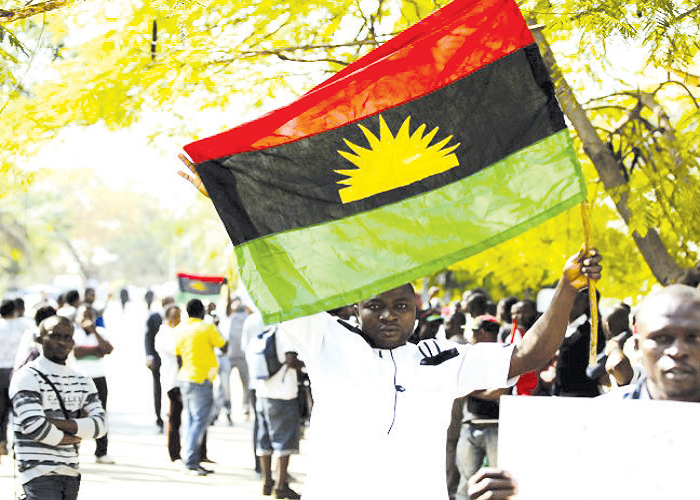
Almost every country on the African continent experienced western imperialism. And some countries in Asia like India were colonized, too. Dating back to many centuries ago, a country with mighty and awesome military power and economic prosperity would overrun other countries and impose its system of government on them. A time was when the Roman Empire was at the apogee of its military might. In modern times, Iraq tried, though unsuccessfully, to annex its neighbor, Kuwait. Russia invaded its neighboring country, Crimea, and annexed it.
In the distant past, Kingdoms and Empires rose and fell in our world. Then, in Africa, many African Kingdoms thrived economically and each had their peculiar systems of government before the advent of white imperialists in Africa. The emirate system existed in the Hausa-land while the Obas held sway in western Nigeria and Dahomey. The Zulus in South Africa had their king. And the Igbos in the Southeast of Nigeria were known for their republicanism.
But the adventurous and sophisticated white people, who came to Africa for trading purposes and the propagation of Christianity, colonized African countries and introduced western democracy to them. More so, African people(s) who were believed to be weak were sold into slavery in Europe and America, where they worked slavishly in plantations. To say that the white people subjugated Africa is to state an obvious, indisputable, and unpalatable fact.
Then, it’s the practice and rule of the white colonialists to cobble disparate ethnic nationalities together under one administrative unit; and they would give them political freedom after they had ruled them for many years. But can the heterogeneity of a country make for peace and unity in that country? Are the Catalan people in Spain not agitating for a state of their own now?
Likewise, a wave of ethnic nationalism as well as the agitation for the creation of the state of Biafra is sweeping through Nigeria now. Many years ago, the coup of January 15, 1966 and the counter-coup in July 1966 led to the massacre of the Igbos in the northern part of Nigeria. Consequently, Chukwuemeka Odumegwu Ojukwu, then the governor of the eastern region, declared the state of Biafra and embarked on a secessionist war with its disastrous, calamitous, and painful consequences.
Sadly, some years into the fourth republic, there is a resurgence of the clamor for the creation of the sovereign state of Biafra. The issues that caused disaffection to exist among the people of the South-east have cropped up again. The appointments of people into leadership positions in Federal establishments are skewed in favour of a section of the country. More so, Federal roads in the South-east are in disrepair. The Enugu-Onitsha express-way, for example, is rutted; and it brings back memories of roads in such war-torn countries as Rwanda, Afghanistan, Cambodia, and others.
Not surprisingly, there is a revival of the call for the carving out of a geographical space for the Igbo people. Nnamdi Kanu, the director of the Radio Biafra and IPOB leader, has been agitating for the creation of the sovereign state of Biafra and drawing our attention to the injustices that are being meted out to the Igbo people. Today, Nnamdi Kanu, who has a cult following, is standing trial for alleged treasonable offences.
But, what do the Igbo people want now, a Nigerian President of Igbo extraction, restructuring of Nigeria, or the sovereign state of Biafra? If Nigeria starts practising true federalism now, the constituent parts of the country will develop rapidly at their own pace. Isn’t it possible for South-east states to achieve economic prosperity and technological advancement in a true federal state? In the first republic, the regions were economically prosperous. Seldom did they go cap in hand to the centre to beg for financial bailout.
Bad political leadership is the bane of Nigeria. And the fact is this, now, the Igbo people are their own worst enemies. Since the end of the civil war, the Igbos had stopped being their brother’s keeper. The Igbo political leaders do sacrifice our collective good and interests on the altar of their selfish interests and pursuits. At the inception of the fourth republic, Dr. Alex Ekwueme was in the running to win the ticket to become the PDP Presidential standard bearer. Politicians of Igbo extraction sabotaged his efforts, and sold him down the river, however. Had he got the PDP Presidential ticket, he would have won the presidential election. Today, we rarely support one of own in his or her political aspirations and quests at the national level.
The government of Nigeria should make Nigeria an egalitarian nation-state, where everybody has the opportunity to realize his or her aspirations and goals in life.
Okoye writes from Uruowulu Obosi, Anambra State







